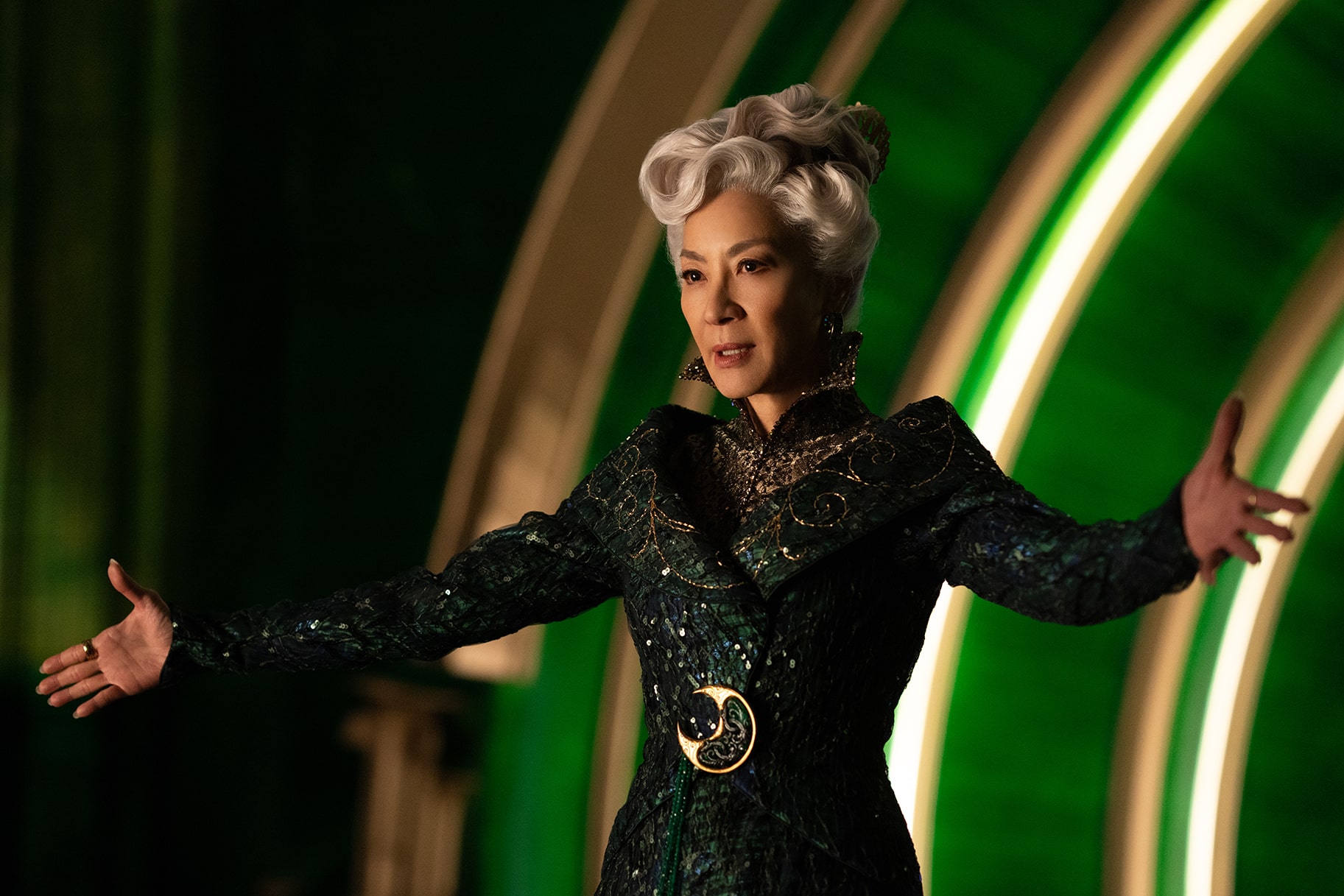Public napping in Japan may just be saving people from overworking.
Dying as a result of overworking in Japan, AKA “karoshi”, is an increasing problem for the country. In October 2016, a government survey showed that one in five employees risked death from overworking. Consequently, the mayor of Tokyo, Yuriko Koike ordered workers to leave their desks by 8pm in an effort to crackdown overtime traditions.
“Inemuri”, which means “sleeping while present”, may just be the antidote for overworking. The New York Times, which called such napping a “subtle sign of diligence”, suggests that napping in the office is common and culturally accepted. People recognise it as a sign that you’re working yourself to exhaustion so you must be working hard.
Last year, the BBC’s Brigitte Steger explained the difference between “inemuri” and conventional sleeping, “On a certain level, inemuri is not considered sleep at all. Not only is it seen as being different from night-time sleep in bed, it is also viewed differently from taking an afternoon nap or power nap.”
Fox News claims that there are etiquettes to abide whilst napping in public and that women are frowned upon if they “look immodest while asleep”.
Health Ambition reports that power naps boost your alertness, improve your memory, battle sleep apnea effects and reverse damage caused by a poor night’s sleep.
Long hours, unpaid overtime, shorter holidays and fewer perks have become the norm at workplaces in Japan, with 12 hour working days considered to be normal practice.
Unethical employers have been criticised for running a “bait-and-switch” system when hiring – the job position attracts candidates by its advertised sensible work hours, but once the candidate is successful, irregular contract hours are implemented.
In a nation where people often sleep less than six hours a night, then work long hours, inemuri has become what Steger calls “an informal feature of Japanese social life” that is not just accepted but somewhat necessary.
Steger calls the naps “an informal feature of Japanese social life” but it in a working environment where pressures are leading to death and sleep is deprived, these “inemuri” naps are becoming a necessary part of workers’ lives.










